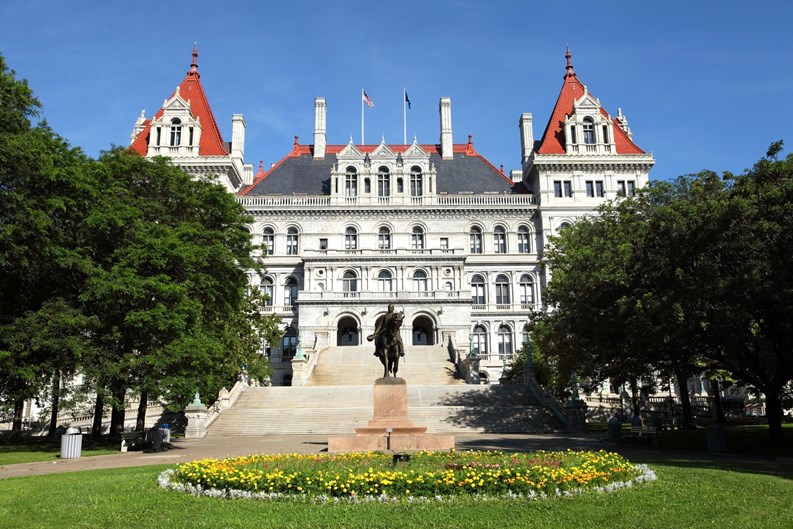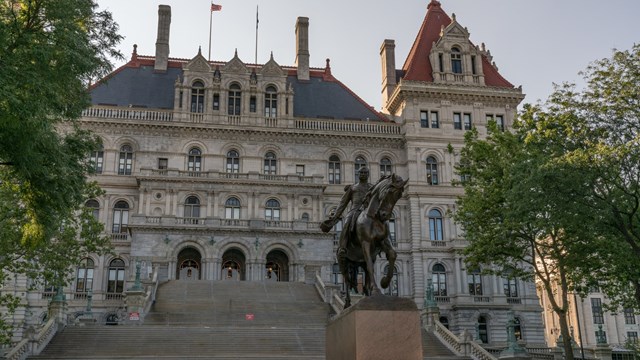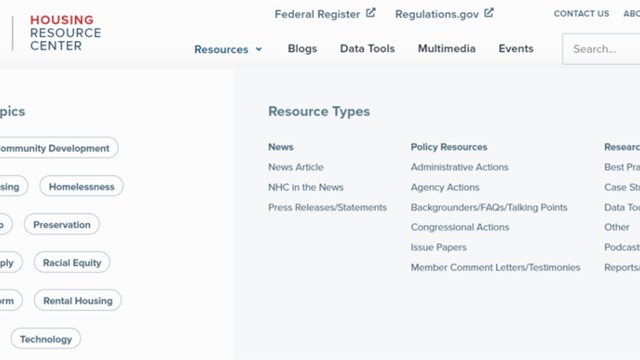The 2021 legislative session of the New York State Legislature has presented an unprecedented number of proposed bills seeking to reform the way housing cooperatives operate. Many of these bills are ill-conceived in our view, and will serve no benefit to cooperative boards and their shareholders. In fact, many of these bills may in fact harm the housing cooperative community.
Below are brief explanations of three of these bills now pending in the New York State legislature:
The Good Cause Eviction Bill (S-3082/A-5573)
This bill, if passed, would present fundamental changes in the way a co-op would be able to operate. On its face, this bill clearly is designed to protect rental tenants from unscrupulous landlords, but unfortunately co-ops are swept into this legislation since the shareholder relationship with the cooperative corporation is technically that of a landlord-tenant relationship.
This bill has been called ‘universal rent control,’ and essentially caps rent increases in New York State at 3% per year, regardless of any increase in operating costs for the building as a whole. Obviously, this bill flies in the face of fundamental best practice for a corporation to maintain a balanced budget. In addition, as stated above, a housing cooperative does not derive any profits and all excess monies are re-invested in the co-op’s coffers.
Transparency in Cooperative Housing Corporations (S-4595)
Unlike the Good Cause Eviction Bill, this proposal is specifically drafted for cooperative corporations. While this legislation appears to be well-intended, it could result in major obstructions to the operations of a co-op. This legislation adds a new layer of statutory requirements - many of which most cooperatives already adhere to voluntarily.
These requirements include: allowing shareholders to attend board meetings (except executive sessions); making complete minutes of all board meetings available to shareholders no later than one month after a board meeting; soliciting approval of all shareholders on the annual budget; barring the employees of management companies from serving on the boards of communities managed by their employer; securing board approval of all non-emergency capital improvements in excess of $50,000.00; subjecting all non-emergency capital improvements in excess of $50,000.00 to a bidding process; making all expenses and receipts available for shareholder review on three days’ notice; and making all notices of violations of any law, code, rule or regulation by a governmental body available to all shareholders and residents within two weeks of receipt.
As stated above, many of these statutory requirements are already common practice. However, codifying these practices by statute limits the board’s ability to act in the best interest of the cooperative in each instance. In addition, the language is vague when it comes to application, and is silent on remedies for shareholders if the statute is violated, other than the enforcement of that particular provision being challenged.
Finally, the requirement to approve the annual budget is onerous, and could thwart the smooth operations of the corporation. This provision in the statute directly contradicts the terms and conditions of the bylaws and proprietary lease of almost every cooperative, which directly give the board the power to prepare a budget. Certainly, this provision would be subject to judicial challenge, since it will wreak havoc on the operations of the hundreds of thousands of co-op boards in the New York area.
The Reasons Bill (S-1149)
Over the last decade, there has been a strong push from the real estate brokerage industry and human rights activists to require housing cooperatives to give reasons for their denial of an application by a prospective purchaser. These bills have met with fierce resistance from the co-op community, since disclosing reasons for rejection can be fraught with liability for the board members, who are themselves volunteers. In this session, there are numerous so-called “Reasons Bills” being introduced. Section 1 of S-1149 is particularly alarming to the hard-working volunteer board members in this area. This section states “the legislature finds and determines, not infrequently, a co-op Board rejects what appears to be a well-qualified customer.” It further states that “Often, the prospective purchaser has concerns that the rejection was in fact unlawful discrimination.” In our view, this section is pure conjecture, and no proof is provided whatsoever as to its validity.
We can all agree that discrimination at any level is abhorrent. However, in the situation of a co-op rejection, the applicant can bring a complaint to the Human Rights Division of New York State or their local jurisdiction’s Human Rights division. These agencies will investigate and vet the allegations at no costs to the applicant. This avenue of redress thoroughly protects the co-op applicant without any cost associated with it. A requirement to disclose reasons for rejection creates fundamental issues that could lead to a multitude of issues and unintended consequences. For example, who gives the reason? How is the reason transmitted? How specific does the reason have to be? All these issues can give rise to increased litigation, which will be of tremendous detriment to the cooperative corporation. In addition, many good, fair-minded board volunteers might decide to withdraw from serving on their board in light of the increased liability imposed by this statute.
Although the cooperative form of home ownership has its’ share of issues and problems, we feel this incessant need to reform the current model is overly ambitious and misguided. Please remember that a co-op corporation does not derive any profits; all income over expenses goes right back to the cooperative’s bank account; the board is made up of volunteer shareholders who are elected by their fellow shareholders, and most buildings are run with the help of professional management; professional staff; general counsel and accountants. We feel these proposals are solutions in search of a problem.










6 Comments
Leave a Comment